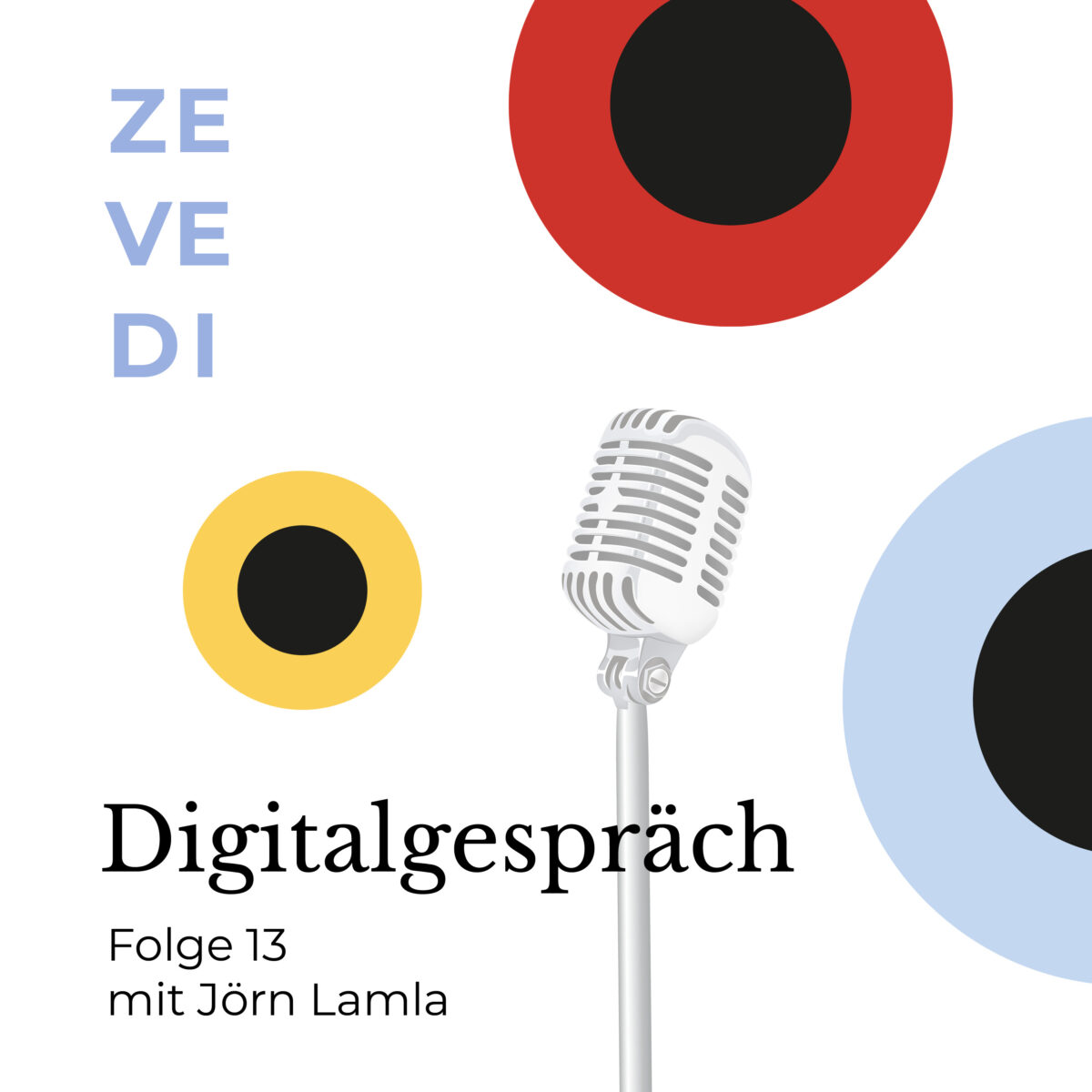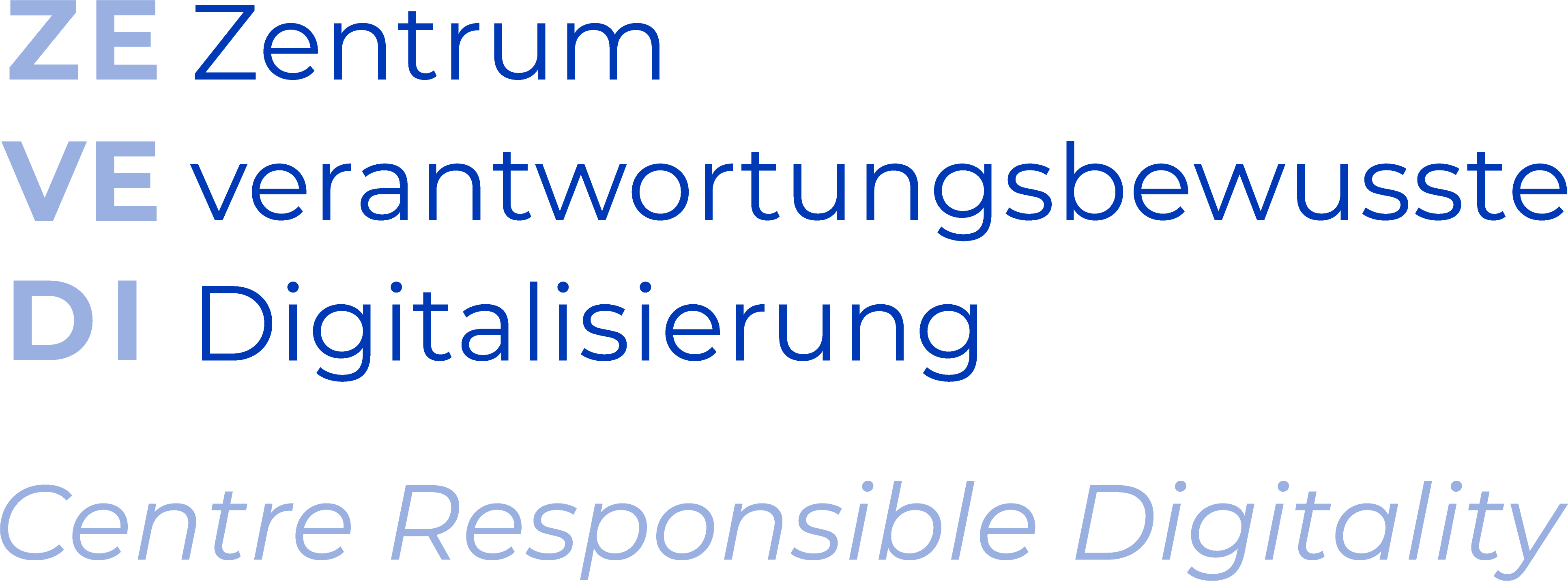
There is an obvious difference between a simple Like and a written-out explanation of a decision: the former is a mere preference that does not reveal any of its criteria, the latter is a justification for a judgement that one can comprehend and adopt or disagree with. Still, both emerge equally when people share their experience online to help others make consumption decisions. In addition, Likes and posted ratings have a common competitor: the algorithmically generated, personalised recommendation. It is no longer oriented towards explicit human statements, but rather tracks user behaviour. In the extreme, machines automatically start the next suggested song or series without waiting for the user to actively decide. Here, users are no longer even expected to give a rating – the tracked consumer behaviour suffices.
Thus, there is a development from consumer discourse, in which justification is demanded and provided, to unfounded and hardly questionable expressions of affect, to an automated dynamic that no longer calls for reflection – critical consciousness moves further and further into the background and may eventually disappear altogether. Does this picture already apply to our habits today? How can such a shift be traced? And: Where is a society heading that leaves less and less opportunity for critical reflection in everyday life?
Prof. Jörn Lamla researches and teaches in the field of sociological theory at Universität Kassel and has been observing consumer platforms since they appeared on the World Wide Web in the 1990s. In this episode of Digitalgespräch, he explains the changes that the practice of rating and advertising products has taken with the rise of Web 2.0, social media and algorithm-supported platforms, and how today’s forms of digital consumer society are shaking our self-image of the critical, sovereign individual. With hosts Marlene Görger and Petra Gehring, he discusses how consumer habits and different types of digital marketplaces affect democracy and self-determination, which interests are at play and what political challenges could arise from this.
Further informationen:
Link to Leopoldina‘s statement on digitalisation and democracy:
https://www.leopoldina.org/en/publications/detailview/publication/digitalisierung-und-demokratie-2021/
Link to Jörn Lamla’s expertise on critical evaluation skills as part of the JFF project Digitales Deutschland (in German):
https://digid.jff.de/kritische-bewertungskompetenzen-joern-lamla/
all episodes of Digitalgespräch
The podcast is in German. At the moment there is no English version or transcript available.

